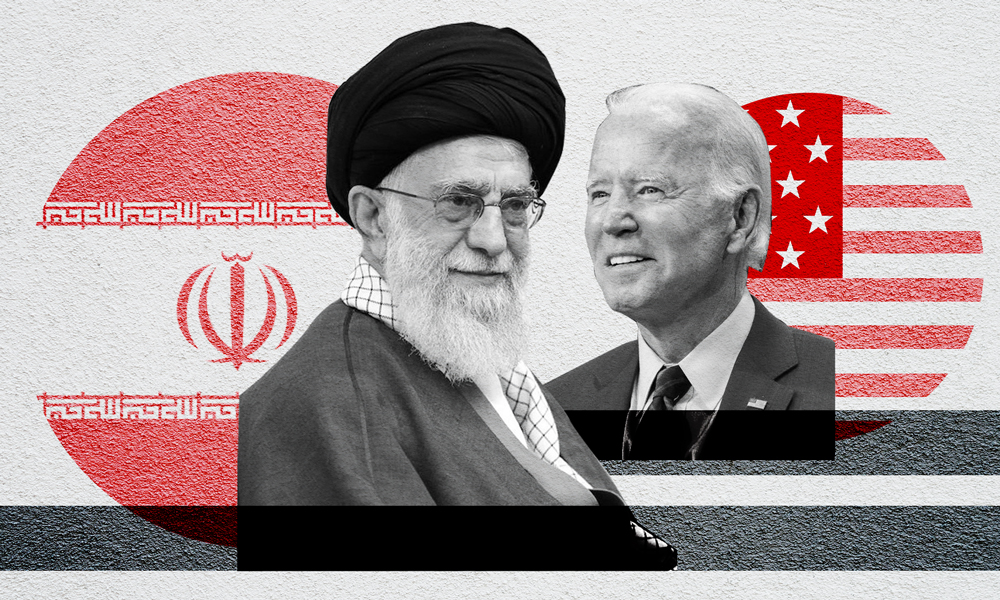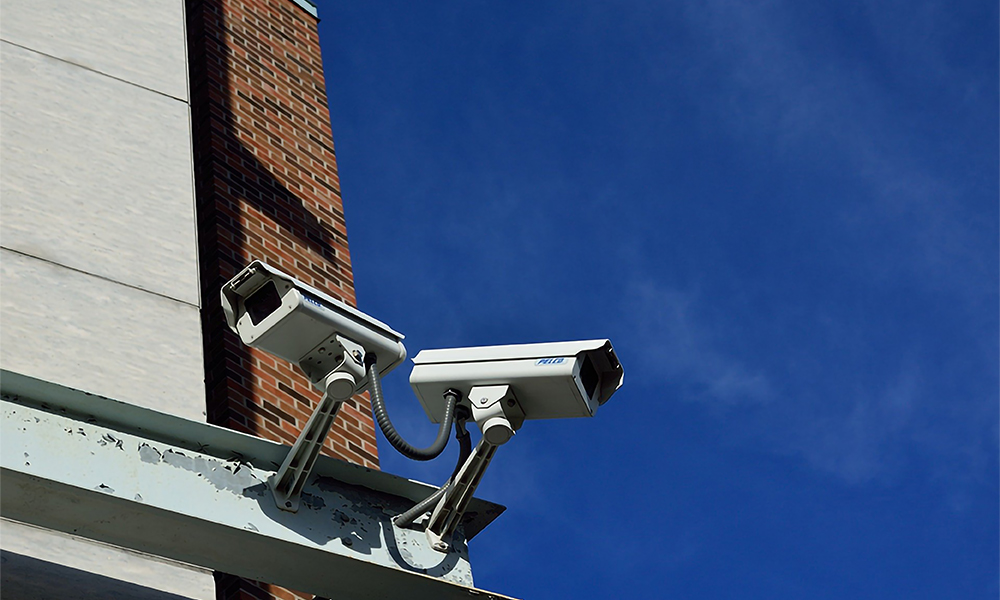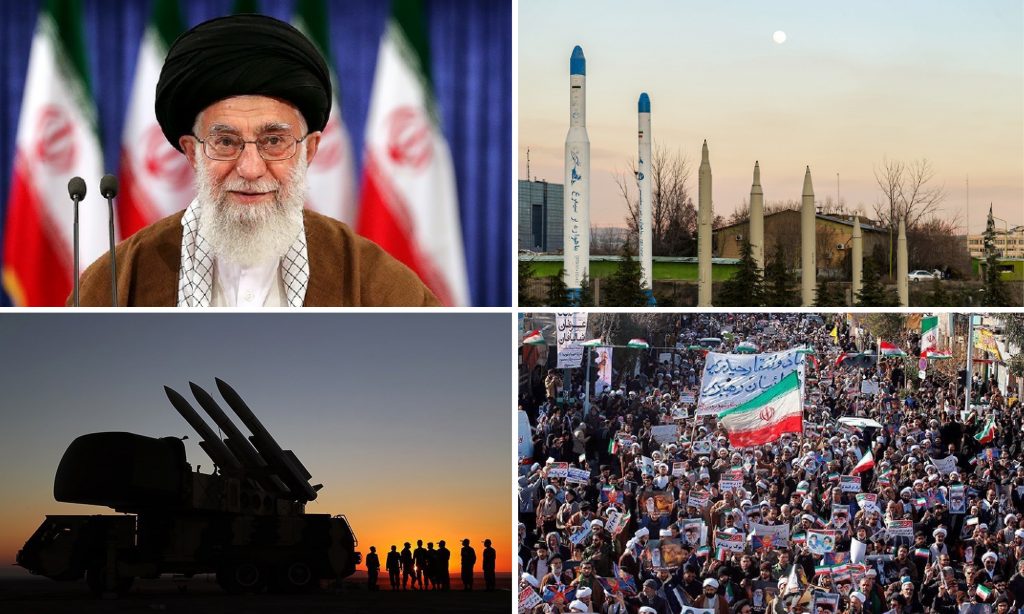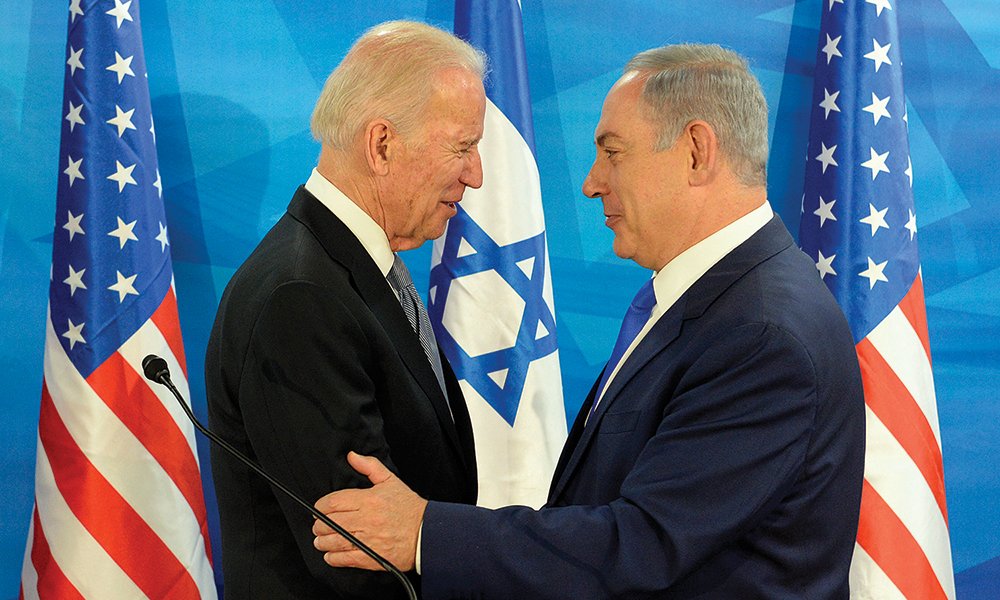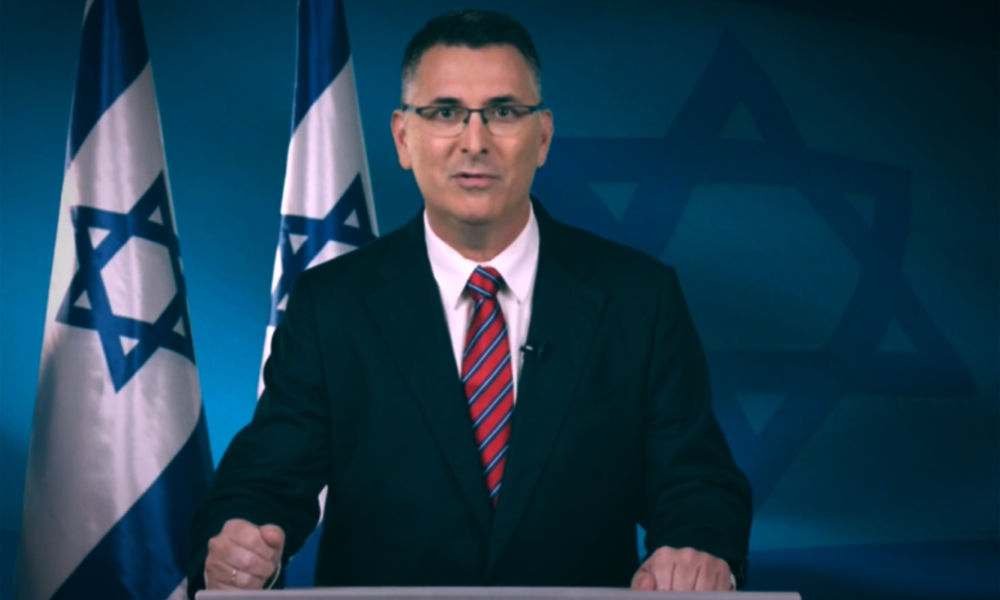There’s nothing wrong with negotiating with your enemies. There is something wrong if you don’t know that those sitting across the table from you are your enemies. Too many Americans, Europeans and even Israelis still don’t grasp that Iran’s rulers—not average Iranians, but those who wield power—believe it is their sacred obligation to destroy us. This is not some misunderstanding that can be resolved through outreach, diplomacy, engagement and “confidence-building measures.” It is at the core of their ideology and theology. We know this because they tell us, clearly and repeatedly. More Americans should understand this—and keep it in mind as the debate goes forward.
Recently, representatives of the United States, the four other permanent members of the UN Security Council and Germany—collectively known as the P5+1—have been negotiating with representatives of Iran’s government. These talks show the world—and the Muslim world in particular—that the West sees the Tehran regime as a force to be reckoned with. Since Iran’s rulers aspire to lead the Muslim world, such attention provides them with a clear diplomatic benefit. Also, as long as the talks continue, Iran gains time. Israel is unlikely to use military force to degrade Iran’s nuclear weapons facilities until and unless the talks break down—or so most experts believe.
The sanctions imposed by the United States and Europe have done substantial damage to Iran’s economy. To end them, would Iran’s rulers verifiably halt their nuclear weapons program? “This revolution was not about the price of watermelons,” Ayatollah Ruhollah Khomeini, founder of the Islamic Republic, famously responded to an aide concerned about the deterioration of the country’s economy following the fall of the shah. Khomeini believed—as do his successors—that the Iranian people should be willing to suffer in order to achieve their sacred mission.
When it comes to defining that mission, Khomeini’s successors leave no room for ambiguity. Addressing a gathering in Tehran in May, Major General Hassan Firouzabadi, chief of staff of the Iranian armed forces, pledged the “full annihilation of the Zionist regime of Israel to the end.”
A few days before that, José Maria Aznar, former prime minister of Spain, speaking at the Jerusalem Center for Public Affairs, recalled a “private discussion” in October 2000 with Iran’s current supreme leader, Ayatollah Ali Khamenei, who told him: “Israel must be burned to the ground and made to disappear from the face of the Earth.”
Dore Gold, the former Israeli ambassador to the United Nations who now heads the JCPA, wanted to be certain there was no misunderstanding. He asked Aznar: Was Khamenei suggesting “a gradual historical process involving the collapse of the Zionist state, or rather its physical-military termination?”
“He meant physical termination through military force,” Aznar replied without hesitation. Khamenei called Israel “an historical cancer”—an echo of Nazi rhetoric he has used on numerous occasions, the last time in public on February 3.
Khamenei told Aznar in 2000 that the mission of the Islamic Revolution always has been and always will be to rid the world of two evils: Israel and the United States. Khamenei said he expected that sooner or later there will be an “open confrontation.” It is his duty, he said, to ensure that when that happens, Iran has the power to prevail.
This is why the acquisition of nuclear weapons is such a high priority for Khamenei. Not long ago, Anthony Cordesman, the respected security analyst at the Center for Strategic and International Studies, was skeptical about Iran’s nuclear ambitions. Then he sat down and examined hundreds of pages of evidence compiled by the International Atomic Energy Agency. His May report, Rethinking Our Approach to Iran’s Search for the Bomb, concludes:
“Iran has pursued every major area of nuclear weapons development, has carried out programs that have already given it every component of a weapon except fissile material, and there is strong evidence that it has carried out programs to integrate a nuclear warhead onto its missiles.”
So the notion that Iran’s nuclear programs are merely, as Reuters charmingly phrases it, “a peaceful bid to generate electricity,” or that Khamenei has not decided whether he really wants nuclear weapons, or that he has issued a fatwa declaring possession of nuclear weapons a sin (not a shred of evidence suggests that such a religious ruling exists), or that he wants nukes only as a deterrent because he fears American aggression, or that he looks forward to compromise, détente and rapprochement, with believers and infidels clinking glasses of pomegranate juice—all of that is wishful thinking or self-delusion or disinformation.
In his presentation in Jerusalem, Aznar recalled another meeting, this one with Vladimir Putin, in which he advised the Russian president against selling missiles to Iran. “Don’t worry—I, you, we can sell them everything, even if we are worried by an Iranian nuclear bomb,” Aznar quoted Putin as saying. “Because at the end of the day, Israel will take care of it.”
Aznar had recounted that story in Washington earlier, but, at the time, he asked those of us in the room to keep it off the record. He had added incredulously: “But that’s the Russian policy? To let Israel take care of it?”
Israelis would rather not shoulder this burden. The United States and Europe say they don’t want Israelis to do so. At this point, however, no good alternative presents itself. Israel’s leaders understand what’s at stake: Israel’s survival. They understand, too, that the defense of the Jewish people cannot be outsourced—not to the United Nations, not to Europe, not even to their friends in America. They will do what they believe is necessary, understanding the enemy they confront and the risks that such a confrontation entails.



